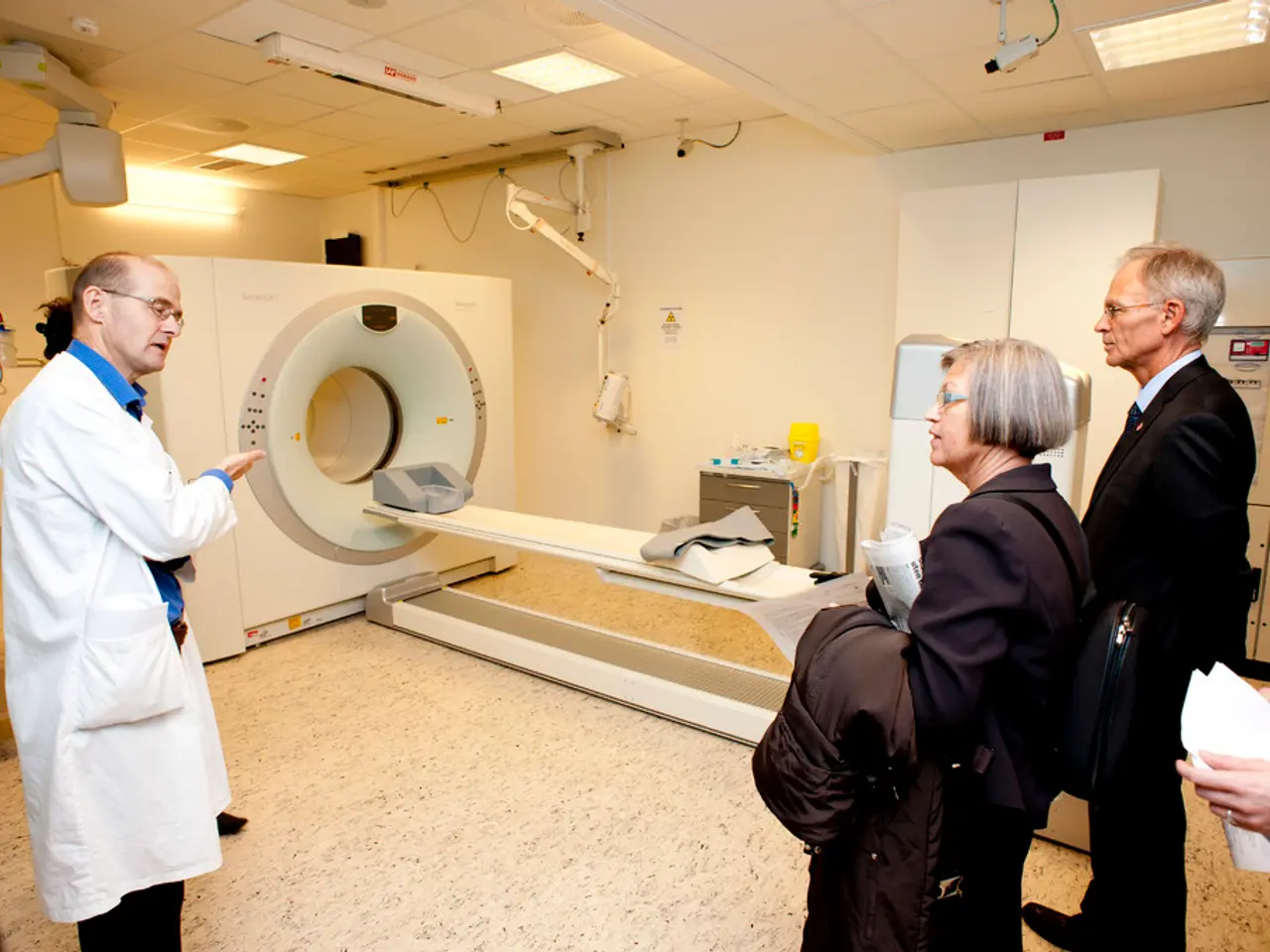Selecting the Ideal Specialist: Picking the Appropriate Surgeon for Your Procedure
When it comes to undergoing a surgical procedure, finding the right surgeon is crucial for a successful outcome. Here's a guide to help you make an informed decision.
Researching the Surgeon's Qualifications
First and foremost, it's essential to verify a surgeon's qualifications and credentials. This includes checking their education (M.D. or D.O. degree), completion of relevant residencies and fellowships related to the surgery, and board certification by recognized organizations such as the American Board of Medical Specialties or specialty boards like the American Board of Thoracic Surgery for heart surgeons. Board certification and membership in professional societies (e.g., American College of Surgeons) indicate that the surgeon has met rigorous peer standards and stays current in their field.
Assessing Your Comfort Level
During consultations, assess how well the surgeon explains the procedure, answers your questions, and listens to your concerns. Feeling comfortable and confident with the surgeon is essential because surgery can be stressful and requires good communication for successful outcomes.
Evaluating the Surgeon's Experience
Understanding the procedure means the surgeon should have specific experience performing the surgery you need. Surgeons with subspecialty training (fellowship) and significant case volume typically have better outcomes. Don't hesitate to ask about how frequently the surgeon performs the specific operation and their complication rates if available.
Ensuring Robust Post-Operative Support
Post-operative care is critical to recovery. Find out what follow-up care the surgeon or their team provides, how complications are managed, and what support you will have after discharge. Coordinated care including nutrition, physical therapy, or other specialists may be necessary depending on the surgery type, such as bariatric surgery.
Trusting Your Instincts
Beyond credentials and facts, your personal trust in the surgeon’s empathy, professionalism, and dedication influences your overall satisfaction and emotional readiness for surgery. If something feels off or rushed, consider seeking a second opinion or another surgeon.
In conclusion, choose a surgeon by carefully researching their training and certification, confirming their expertise in your specific procedure, assessing your personal comfort and communication with them, ensuring robust post-operative support, and trusting your informed instincts. These considerations collectively help optimize surgical outcomes and your confidence in the process.
Sources:
[1] American Board of Medical Specialties. (n.d.). About the ABMS. Retrieved March 22, 2023, from https://www.abms.org/about-the-abms/
[2] American College of Surgeons. (n.d.). Choosing a Surgeon. Retrieved March 22, 2023, from https://www.facs.org/public-education/consumer-resources/choosing-a-surgeon
[3] American Academy of Orthopaedic Surgeons. (n.d.). Choosing an Orthopaedic Surgeon. Retrieved March 22, 2023, from https://orthoinfo.aaos.org/en/treatment/choosing-an-orthopedic-surgeon/
[4] American Society for Metabolic and Bariatric Surgery. (n.d.). Choosing a Bariatric Surgeon. Retrieved March 22, 2023, from https://asmbs.org/patients/choosing-a-bariatric-surgeon
- To enhance the efficiency of healthcare services, more advanced AI systems in research and diagnosis are being explored in the medical sector, like AI-powered smart glasses designed for health-and-wellness professionals to assist in fitness-and-exercise assessments and medical-condition diagnoses.
- Leveraging automation in education-and-self-development is a profitable strategy for addressing the need for global training in various disciplines, such as improving research skills, learning new surgical techniques, or personal-growth development.
- In the rapidly evolving landscape of medical systems, it's crucial to recognize that robotic automation may foster better surgical precision and minimize risk, revolutionizing the overall healthcare landscape.
- As scientists continue to invest resources in researching artificial intelligence and robotics, smart solutions are arising to revolutionize the industry, from fitness and exercise to medical-condition management, and possibly even personal-growth enhancement.
- Beyond traditional learning methods, educational institutions are increasingly relying on technology for smart solutions tailored to each student's unique needs in fields like medicine, helping them progress in research, systems, and personal development.
- Embracing innovation means staying connected to the latest advancements using AI, systems, and the internet – be it in research, self-development, or fitness – advancing our knowledge and well-being for a brighter future.




